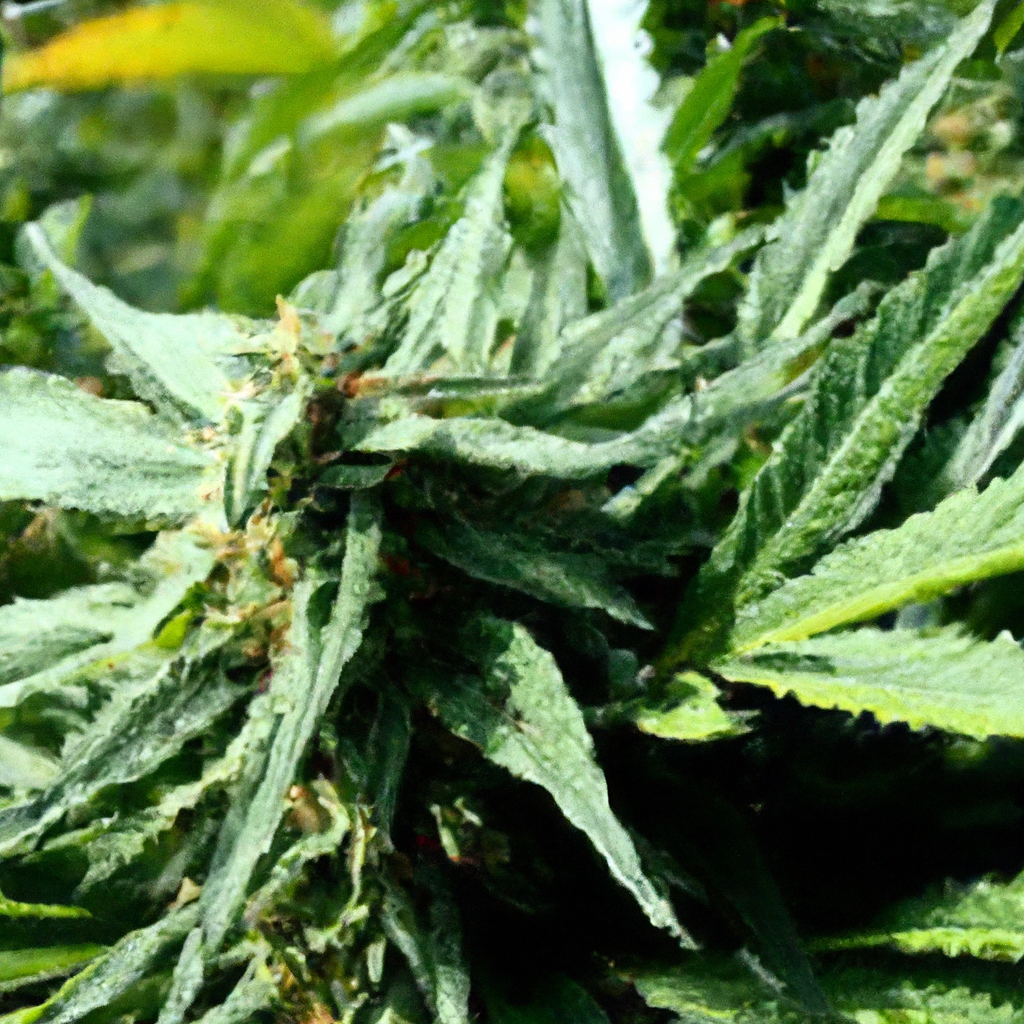Your cart is currently empty!
Delving into organic cannabis cultivation is both an art and a science. Leveraging nature’s resources to yield premium-quality cannabis requires dedication and knowledge. With this guide, we aim to uncover the best practices for using natural fertilizers, composting effectively, and managing pests organically. By following these steps, you will not only enhance the quality of your crop but also contribute to environmental sustainability.
1. Building a Rich Soil Ecosystem
A healthy soil ecosystem is the foundation of successful organic cannabis cultivation. This involves nurturing the soil with nutrients, maintaining the right pH balance, and ensuring adequate aeration and moisture.
- Composting: Regularly incorporate kitchen scraps, yard waste, and natural amendments into your compost pile. Well-aged compost is rich in nutrients and beneficial microbes that aid plant growth.
- Soil Amendments: Use organic materials such as worm castings, bat guano, and bone meal to enrich the soil.
- pH Management: Regularly test your soil’s pH to ensure it remains between 6.0 and 7.0, the ideal range for cannabis.
2. Embracing Natural Fertilizers
Natural fertilizers play a crucial role in the growth and health of cannabis plants. Choosing the right organic fertilizers can lead to robust plant growth without the drawbacks of synthetic chemicals.
- Fish Emulsion: A source of nitrogen, fish emulsion supports leafy growth during the vegetative stage.
- Kelp Meal: Rich in potassium and a wide array of micronutrients, kelp meal assists in flowering and overall plant health.
- Manure: Well-composted animal manure provides a balanced mix of essential nutrients for long-term soil fertility.
3. Integrating Organic Pest Control
Pest management is a vital aspect of organic cannabis cultivation. By utilizing natural pest control methods, you can protect your crops without resorting to harmful chemicals.
- Beneficial Insects: Introduce ladybugs and predatory mites to control aphids and spider mites naturally.
- Neem Oil: An effective deterrent against a broad spectrum of pests, neem oil is safe for plants and the environment.
- Companion Planting: Grow plants like marigold and basil alongside cannabis to repel pests and attract beneficial insects.
4. The Benefits of Going Organic
Choosing organic practices for cannabis cultivation extends benefits beyond just the crop. By nurturing a sustainable growing environment, you contribute positively to the planet and consumer health.
- Environmental Sustainability: Organic methods help conserve natural ecosystems and promote biodiversity.
- Consumer Safety: Cannabis grown organically is free from synthetic chemicals, ensuring a purer product for consumers.
- Enhanced Terpene Profiles: Organic cultivation can lead to cannabis with richer aroma and flavor profiles due to healthier plant growth and soil quality.
Conclusion
Embracing organic cannabis cultivation not only supports environmental conservation but also yields a product that is safe and rich in quality. By using natural fertilizers, building a healthy soil ecosystem, and practicing organic pest control, cultivators can ensure robust plant health and superior cannabis products. Start implementing these best practices today and contribute to a greener, thriving future.
Key Takeaway: Prioritizing organic methods in cannabis cultivation leads to sustainable practices that enhance both the environment and the final product’s quality.
Discover more from Magic Clones
Subscribe to get the latest posts sent to your email.


Leave a Reply